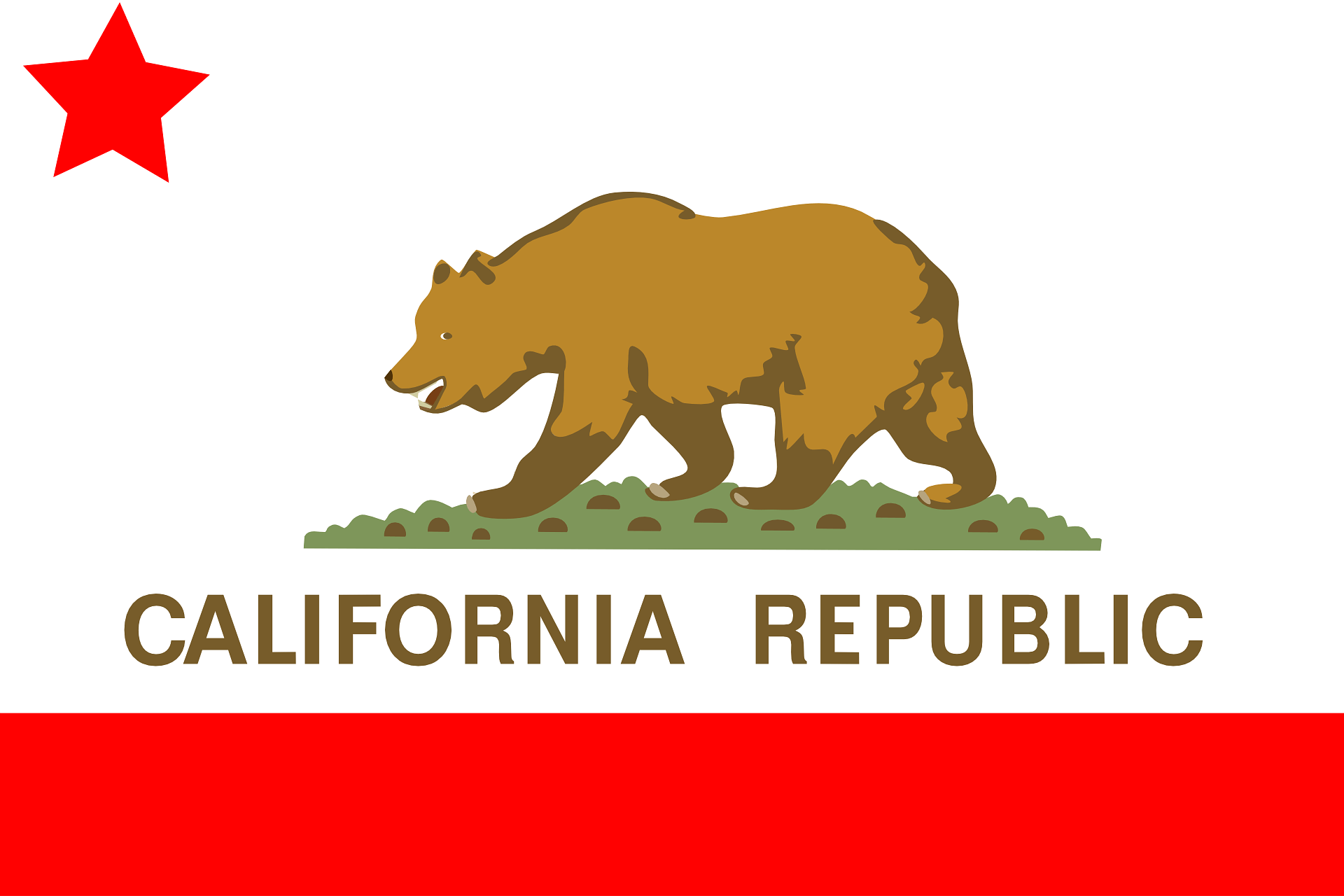
Payday loans remain a popular option for Californians facing short-term financial emergencies. Whether it's an unexpected medical bill, car repair, or rent payment, these small, short-term loans can provide quick cash when you need it most. However, California has specific regulations to protect borrowers, making it essential to understand how payday loans work in the Golden State. In this article, we'll explore the ins and outs of payday loans in California, including eligibility, costs, legal limits, and alternatives.
Payday loans are short-term, high-interest loans typically ranging from $100 to $255 in California. They're designed to tide borrowers over until their next paycheck, usually due within two weeks or a month. Unlike traditional bank loans, payday loans don't require a credit check, making them accessible to people with poor or no credit history. However, this convenience comes at a steep cost due to high fees and interest rates.
Key Takeaways
Loan Limits: California caps payday loans at $300, with borrowers receiving up to $255 after a maximum 15% fee.
High Costs: Fees result in APRs exceeding 400%, making payday loans a costly option compared to alternatives.
Strict Rules: State laws prohibit rollovers and enforce a 31-day repayment term to protect consumers.
Alternatives Exist: Personal loans, credit card advances, or assistance programs offer cheaper ways to cover emergencies.
California law imposes strict rules on payday lenders to protect consumers from predatory practices. As of March 2025, here's what you need to know:
These regulations stem from the California Deferred Deposit Transaction Law (CDDTL), enforced by the Department of Financial Protection and Innovation (DFPI). Licensed lenders must comply, so always verify a lender's credentials before borrowing.
Getting a payday loan in California is straightforward. To qualify, you typically need:
Lenders don't check your credit score, but they may verify your ability to repay based on your income. Online applications have made the process even faster, with many lenders offering instant approval and same-day funding.
While payday loans provide quick cash, they're expensive. The 15% fee translates to an annual percentage rate (APR) of over 400%, far higher than credit cards or personal loans. For example:
Failing to repay on time can lead to additional bank fees, collection efforts, and damage to your financial stability. That's why it's crucial to borrow only what you can afford to repay with your next paycheck.
Applying does NOT affect your credit score!

Before taking out a payday loan, consider these lower-cost options:
With many lenders operating online and in storefronts across California, it's vital to choose a reputable one. Look for:
Avoid unlicensed lenders or those promising "guaranteed approval" with no questions asked these are red flags for scams.
Payday loans in California can be a lifeline in emergencies, but they're not a one-size-fits-all solution. With a maximum of $255 after fees, high costs, and strict repayment deadlines, they're best for small, urgent needs you can repay quickly. Before borrowing, weigh the risks, explore alternatives, and ensure you're dealing with a licensed lender. By understanding California's regulations and your options, you can make an informed decision that keeps your finances on track.
Applying does NOT affect your credit score!